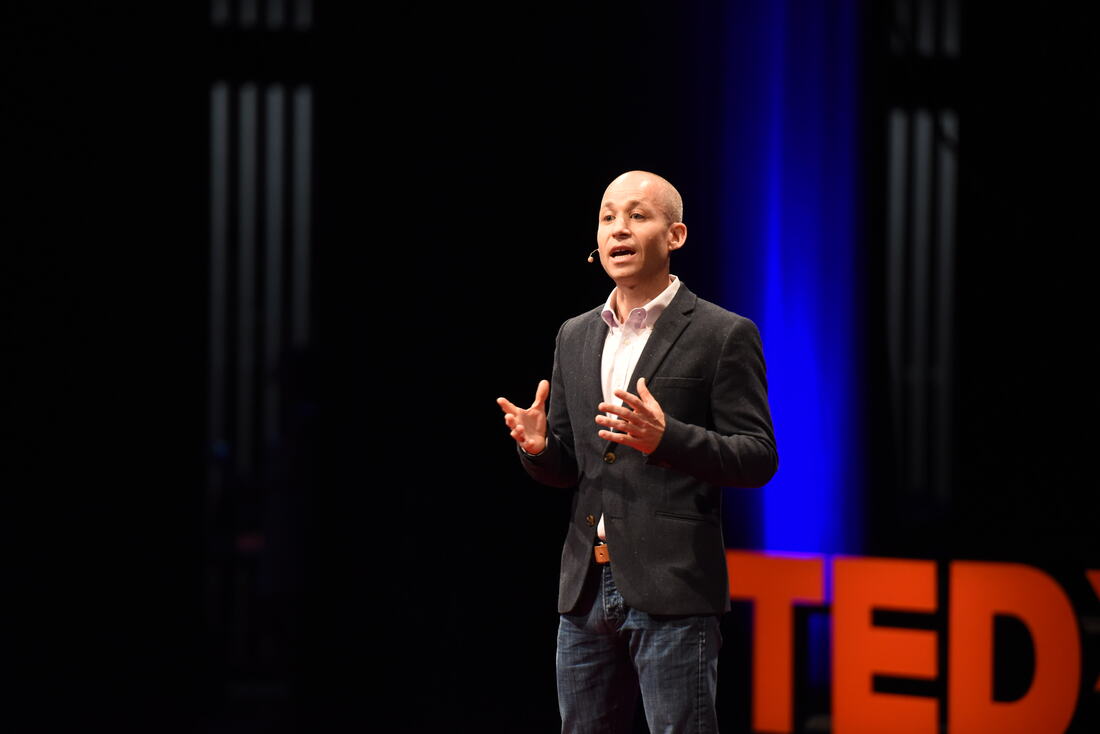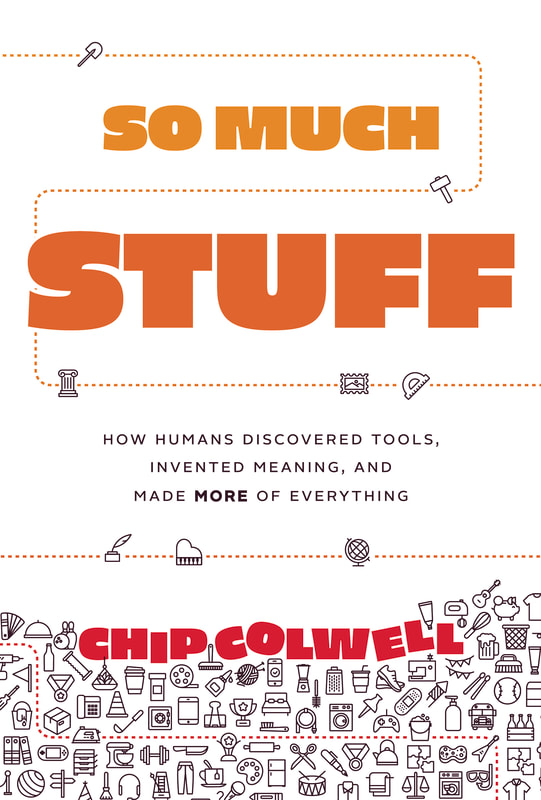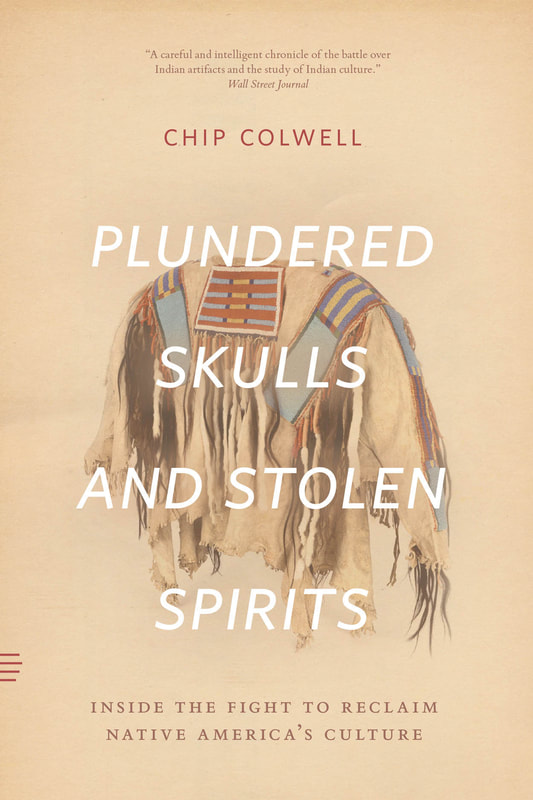Anthropologist.
|
Chip Colwell’s essays and editorials have appeared in The New York Times, The Atlantic, The Guardian, among other magazines and newspapers, while his research has been covered by such outlets as the BBC, National Geographic, and Forbes. His book Plundered Skulls and Stolen Spirits: Inside the Fight to Reclaim Native America’s Culture received enthusiastic reviews in the Wall Street Journal, Science, New Scientist, and received six major prizes.
After 12 years at the Denver Museum of Nature & Science, Dr. Colwell left in 2020 as the Senior Curator of Anthropology. He has received grants and fellowships from the American Academy of Arts & Sciences, National Endowment for the Humanities, Rockefeller Foundation, Fulbright Program, and National Science Foundation. He has written and edited 13 books. Although a serious academic, Dr. Colwell talks and writes like a normal human being. Viewers have watched his TEDx talk more than 1 million times. He is now the Editor-in-Chief of SAPIENS—an online magazine about anthropology for everyone, published by the Wenner-Gren Foundation—and sometimes co-host of the SAPIENS: A Podcast for Everything Human. |
So Much Stuff
|
Over three million years ago, our ancient ancestors realized that rocks could be broken into sharp-edged objects for slicing meat, making the first knives. This discovery resulted in a good meal, and eventually changed the fate of our species and our planet.
With So Much Stuff, archaeologist Chip Colwell sets out to investigate why humankind went from self-sufficient primates to nonstop shoppers, from needing nothing to needing everything. Along the way, he uncovers spectacular and strange points around the world—an Italian cave with the world’s first known painted art, a Hong Kong skyscraper where a priestess channels the gods, and a mountain of trash that rivals the Statue of Liberty. Through these examples, Colwell shows how humanity took three leaps that led to stuff becoming inseparable from our lives, inspiring a love affair with things that may lead to our downfall. Now, as landfills brim and oceans drown in trash, Colwell issues a timely call to reevaluate our relationship with the things that both created and threaten to undo our overstuffed planet. University of Chicago Press (US) | Hurst (UK) |
Plundered Skulls & Stolen Spirits
|
Who owns the past and the objects that physically connect us to history? And who has the right to decide this ownership, particularly when the objects are sacred or, in the case of skeletal remains, human? Is it the museums that care for the objects or the communities whose ancestors made them?
These questions are at the heart of Plundered Skulls and Stolen Spirits, an unflinching insider account by a leading curator who has spent years learning how to balance these controversial considerations. University of Chicago Press |


